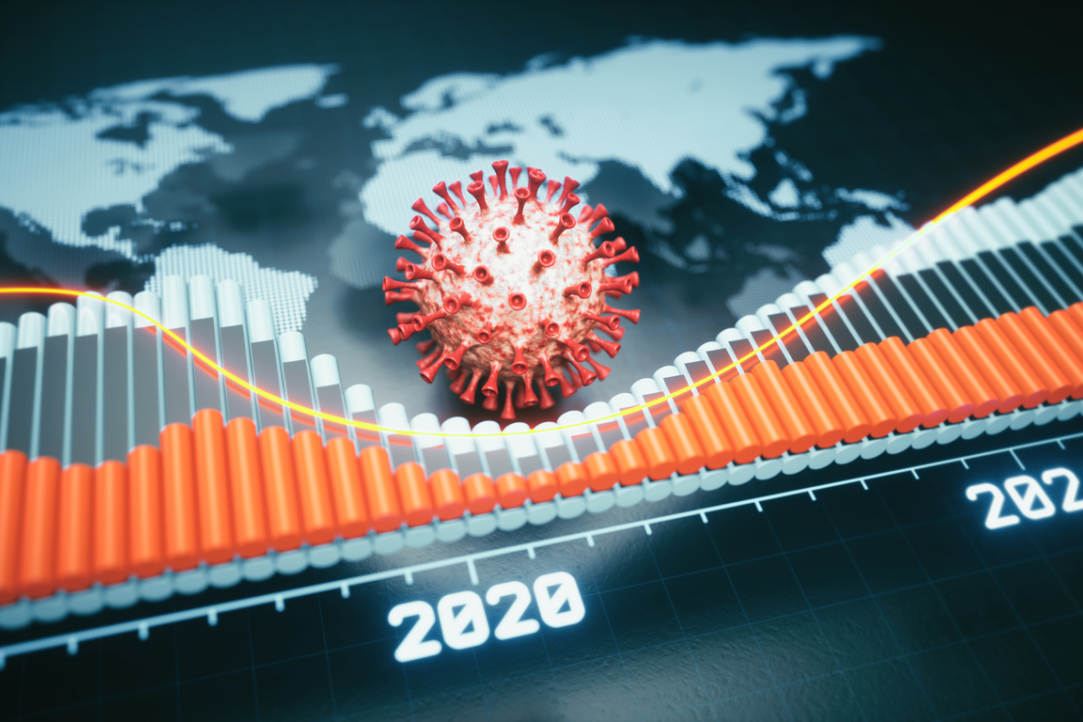
Post-pandemic Rehabilitation. What Will Help Russia's Economy Recover?
The year 2020 was a period of economic hardship and significant change in a wide range of sectors for most countries. A team of authors from HSE University has explored how Russia will recover from this crisis and which industries will be affected by the economic recovery. Their study was published in the journal Voprosy ekonomiki.

The New Master’s Standard: Opinion of the Academic Community
The new unified standard provides a general framework for developing Master’s programmes and delegates the determination of specific professional skills, types of career activities and key learning outcomes to programmes themselves, as well as recommending particular courses to students. Which tracks did programmes select? What are the opportunities and risks under the new standard? How much do students demand individualization and a project component in their education?The HSE Look posed these and other questions to the Dean of the Faculty of Economic Sciences and Academic Supervisors of three programmes offered at HSE University.
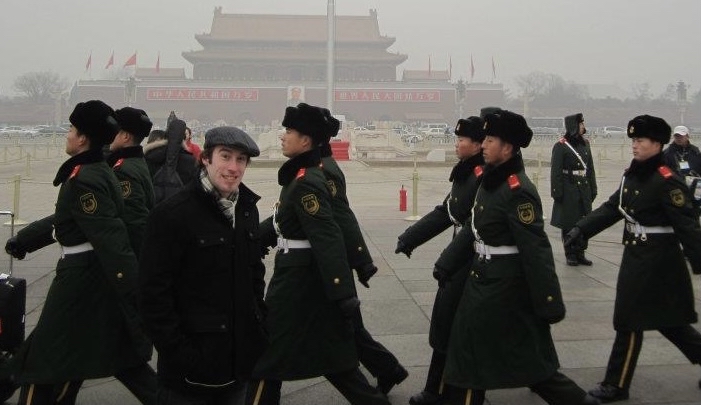
Educational Inequality: Studying Country-Specific Solutions to a Global Problem
Educational inequality is a universal problem, but it manifests itself in different countries in different ways. Comparing the issue across different contexts is always interesting—even more so if the person doing the comparing has a diverse set of examples to draw upon. Adam Gemar earned his Bachelor’s and Master’s degrees in the US before earning his Doctoral degree at Durham University (UK). Now he is a Postdoctoral Fellow at HSE University’s Institute of Education, where he is studying educational inequality in Russia with the Centre for Cultural Sociology. In his interview, he spoke about his research, life in Moscow, and Russian winters.
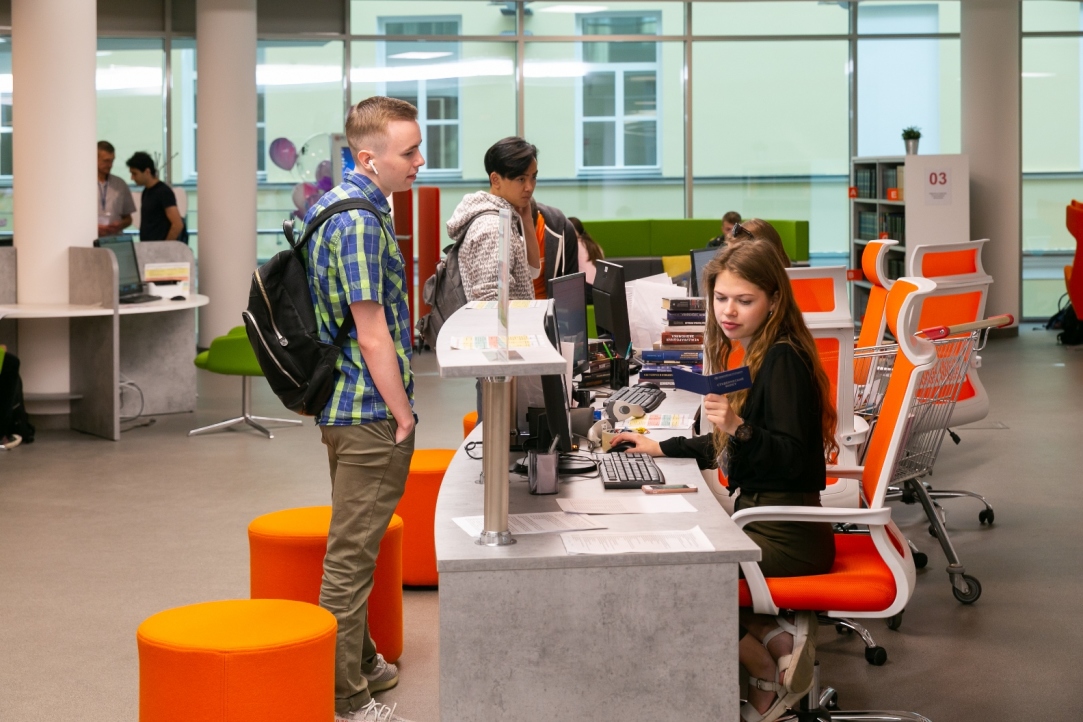
‘We Are Competing for the Best Scholars and We Don’t Want Our New Colleagues to Rest on Their Heels’
At the meeting of the Rector’s Council on June 23, seven issues were considered, including the vaccination of staff and students, postgraduate and dissertation councils, the development of a Continuing Professional Development (CPD) programme at the University, and the HSE library. Members of the Rector’s Council additionally discussed the regulations on the organisation of training concerning MicroDegree-granting programmes.

HSE University Cohosts Virtual THE Young Universities Summit
Several representatives of HSE University took part in the seventh Times Higher Education Young Universities Summit, organized jointly with HSE University on June 22-23 and held entirely online. The Summit focused on the global outlook for higher education and opportunities for new growth for young universities.
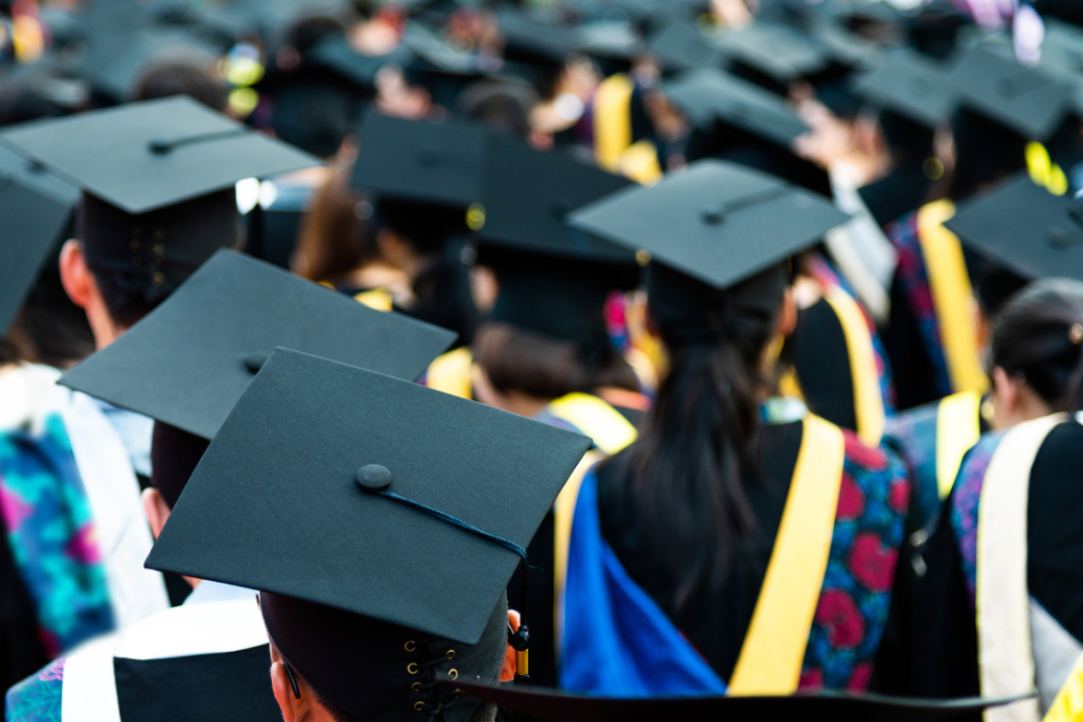
Bachelors Benefit from Shorter Study Duration
Four-year, instead of five-year, degree programmes shave off a year of study, thus saving considerable time and money, and allowing graduates to find employment and build work experience earlier, which eventually translates into a higher salary. This raises the question of whether a fifth year of undergraduate studies brings any returns at all.

HSE University's New Master’s Standard
At the end of 2020, the Academic Council of HSE University approved a new educational standard for Master’s programmes, which expands learners’ options in designing their own educational trajectories. It also places a bigger emphasis on project work. The standard will take effect in the 2021/2022 academic year for 33 participating programmes at the pilot stage.The HSE Look met with Sergey Roshchin, Vice Rector for the University’s degree programmes, and discussed the new measures.
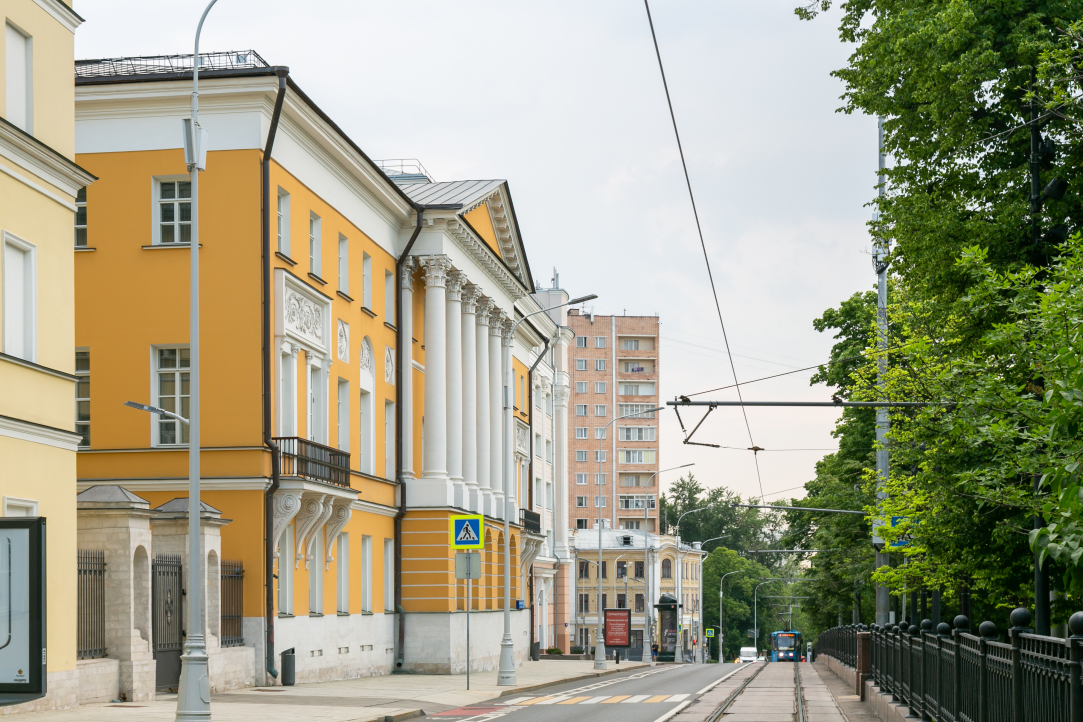
HSE University Tops Forbes Best Russian Universities Ranking Second Year Running
HSE has strengthened its top position and widened its lead over Moscow State University, Moscow Engineering Physics Institute, Moscow Institute of Physics and Technology, and other universities in the Forbes Best Russian Universities Ranking. The main contributors to this advancement, according to Forbes, were the improvement in the average Russian Unified State Exam (USE) score of accepted students, a better faculty-student ratio, and younger staff. This year, HSE University also leads the employer survey.
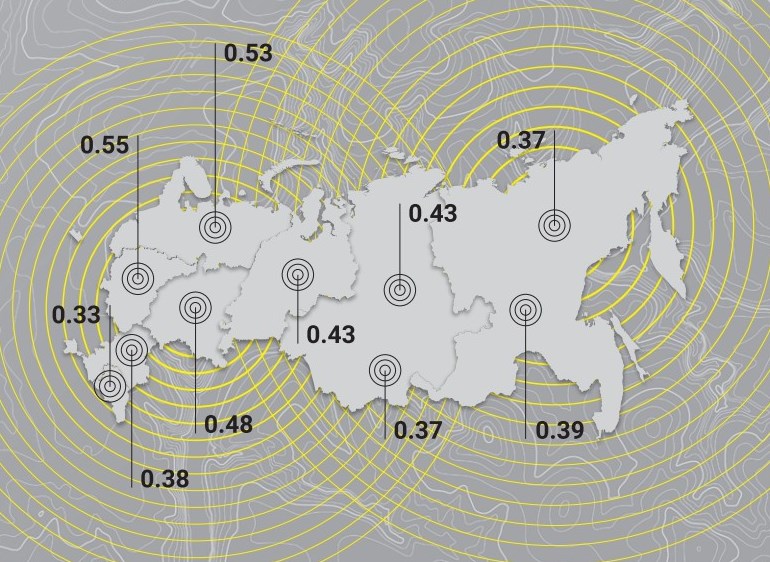
HSE University Publishes Seventh Issue of Russian Regional Innovation Scoreboard
Moscow has kept its leading position on the Russian Innovational Scoreboard. The city demonstrates the highest level of economic, educational, and digital development. Second place goes to Saint Petersburg, and third place goes to the Republic of Tatarstan. The leaders also include the Tomsk Region, the Nizhny Novgorod Region, and the Moscow Region. These are the main results of the seventh issue of the Russian Innovational Scoreboard prepared by the Institute for Statistical Studies and Economics of Knowledge (ISSEK), HSE University.
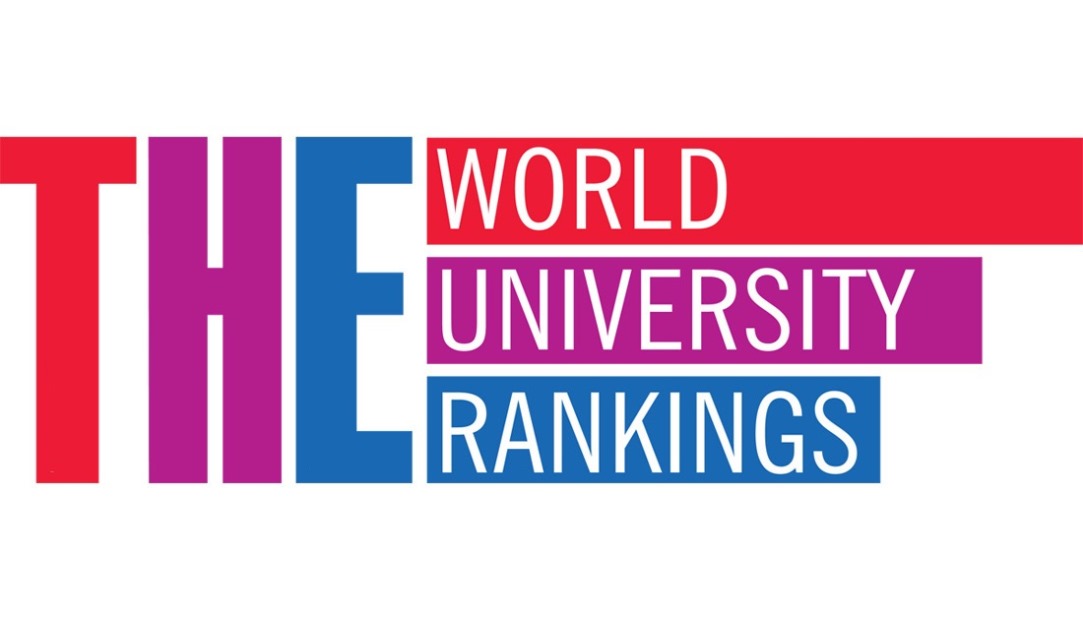
HSE Enters Top 15% of THE Young University Rankings 2021
HSE University has improved its indicators of research, international outlook, and industry income in THE Young University Rankings. HSE University now ranks 57th among 475 international universities and is the only Russian university in the Top 100.


Deadline for applications to present academic reports - January 20, 2025